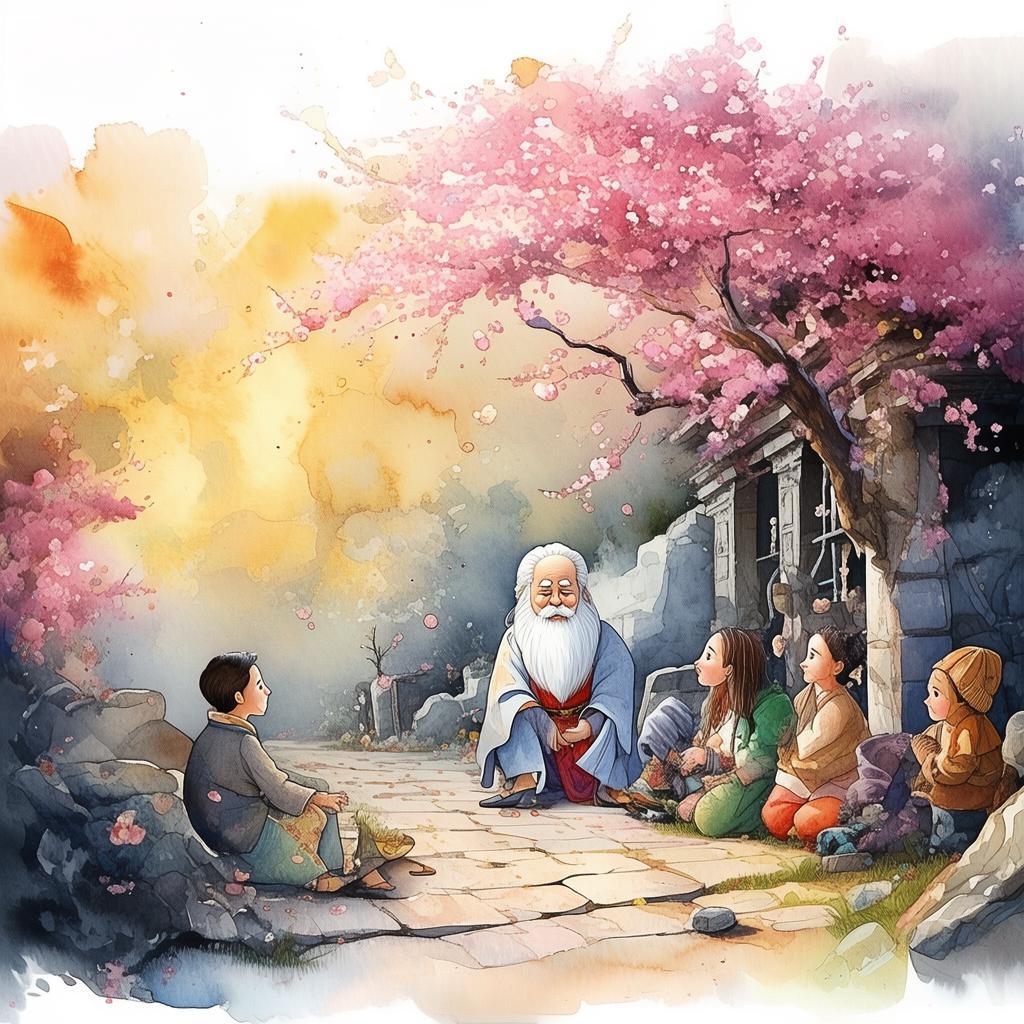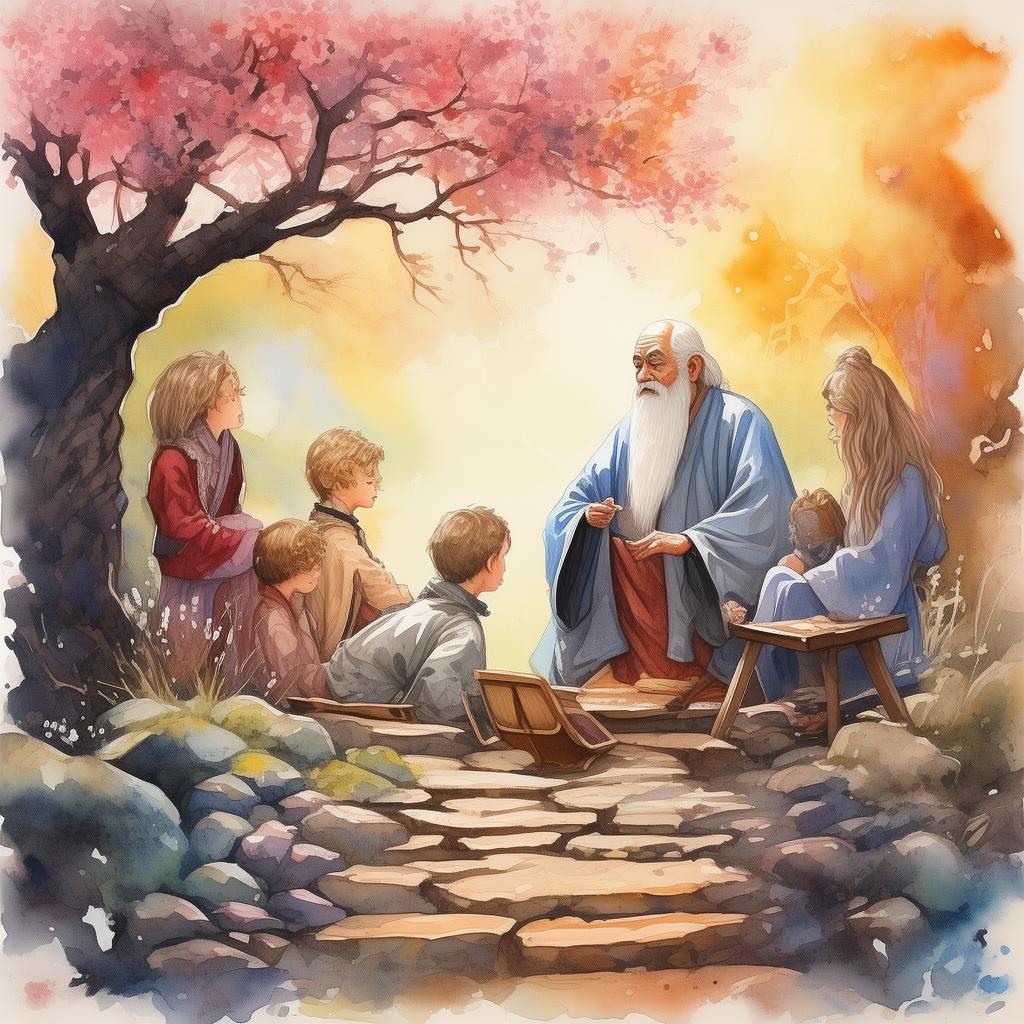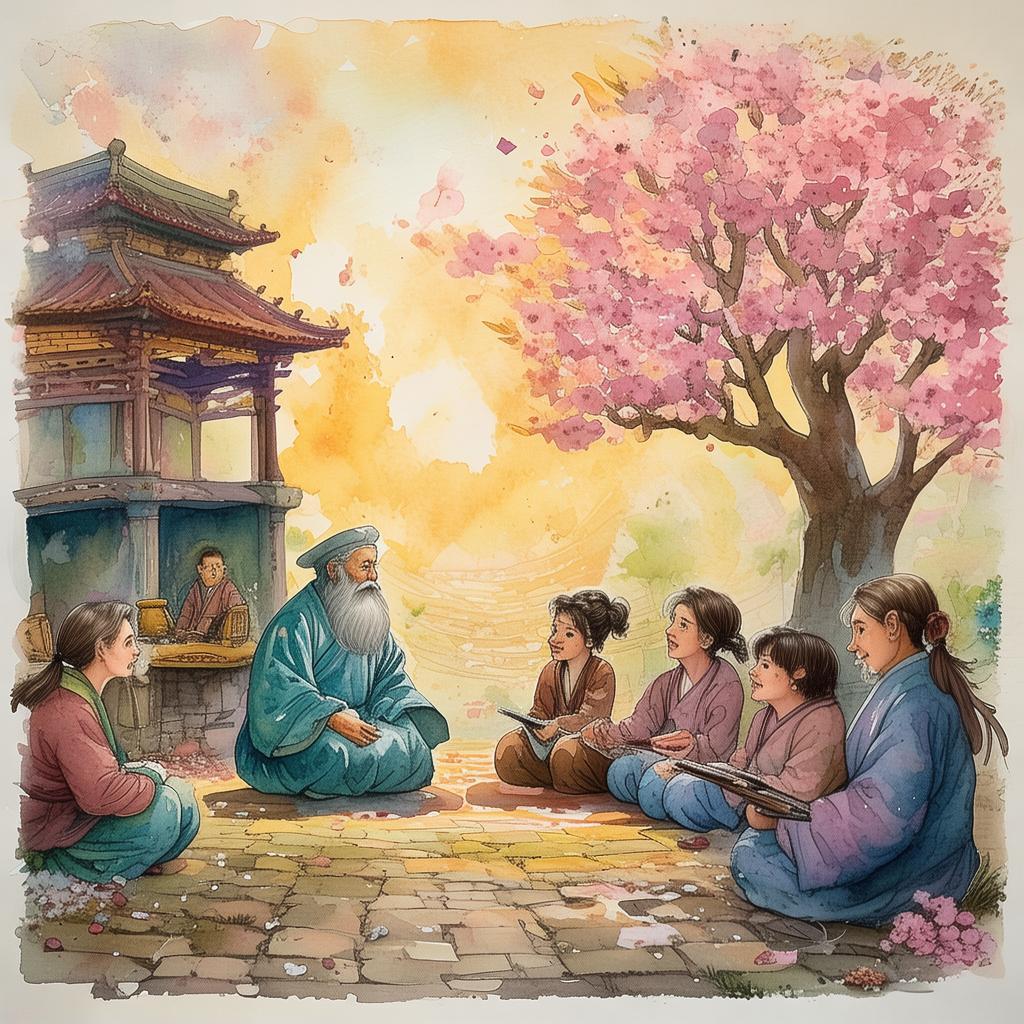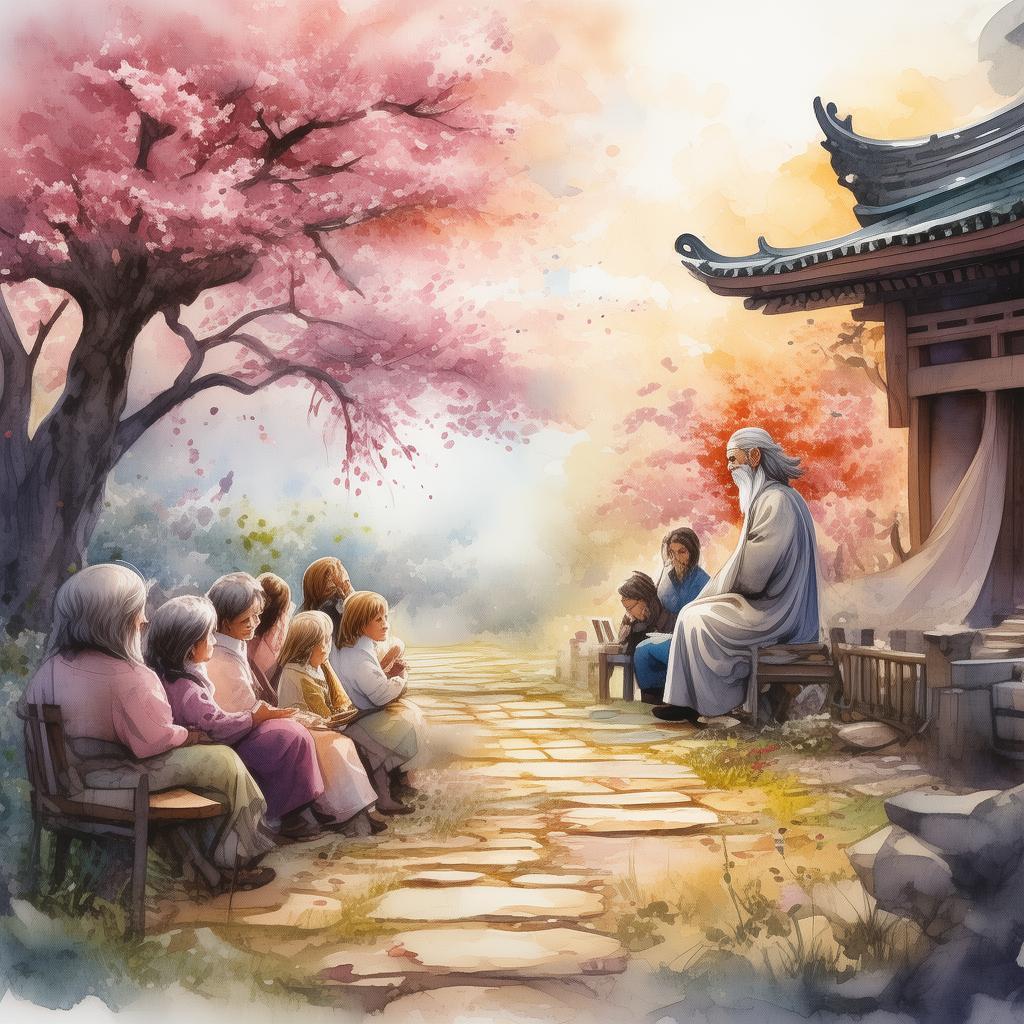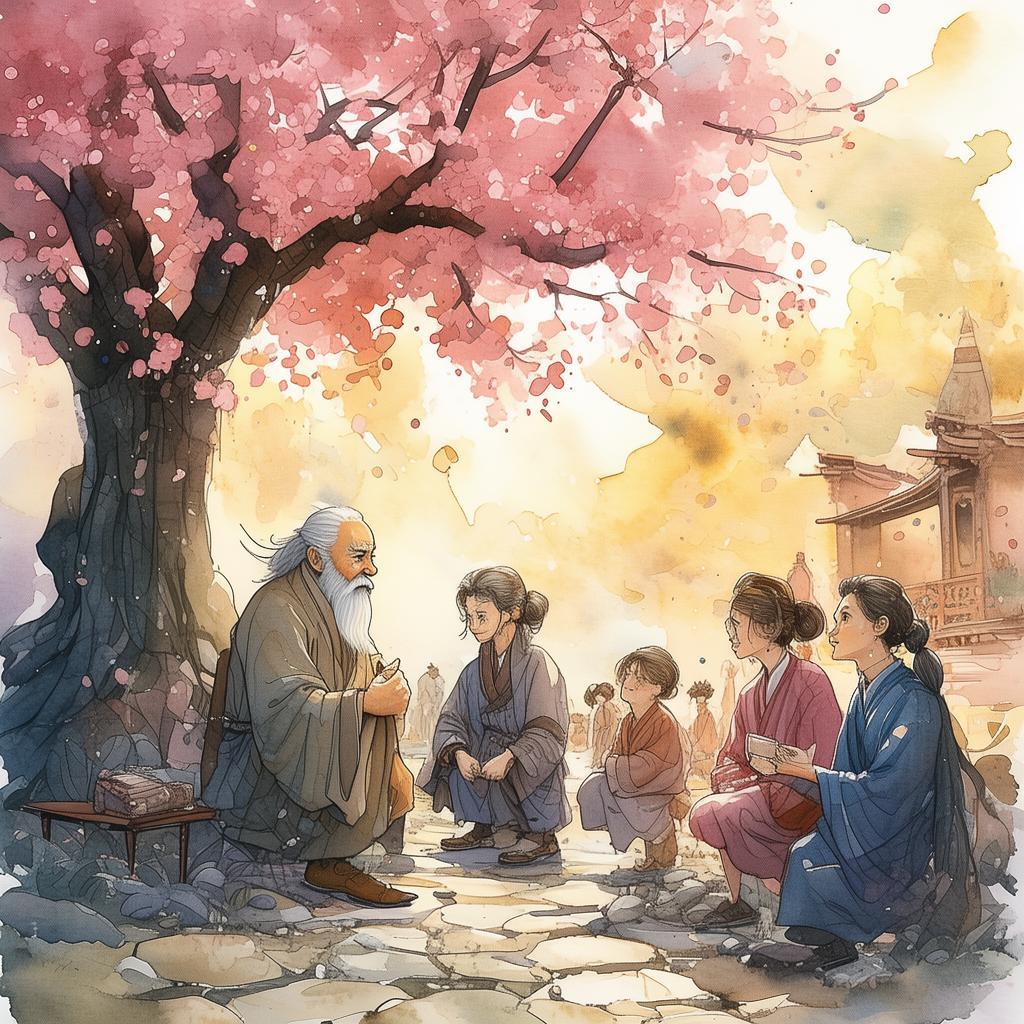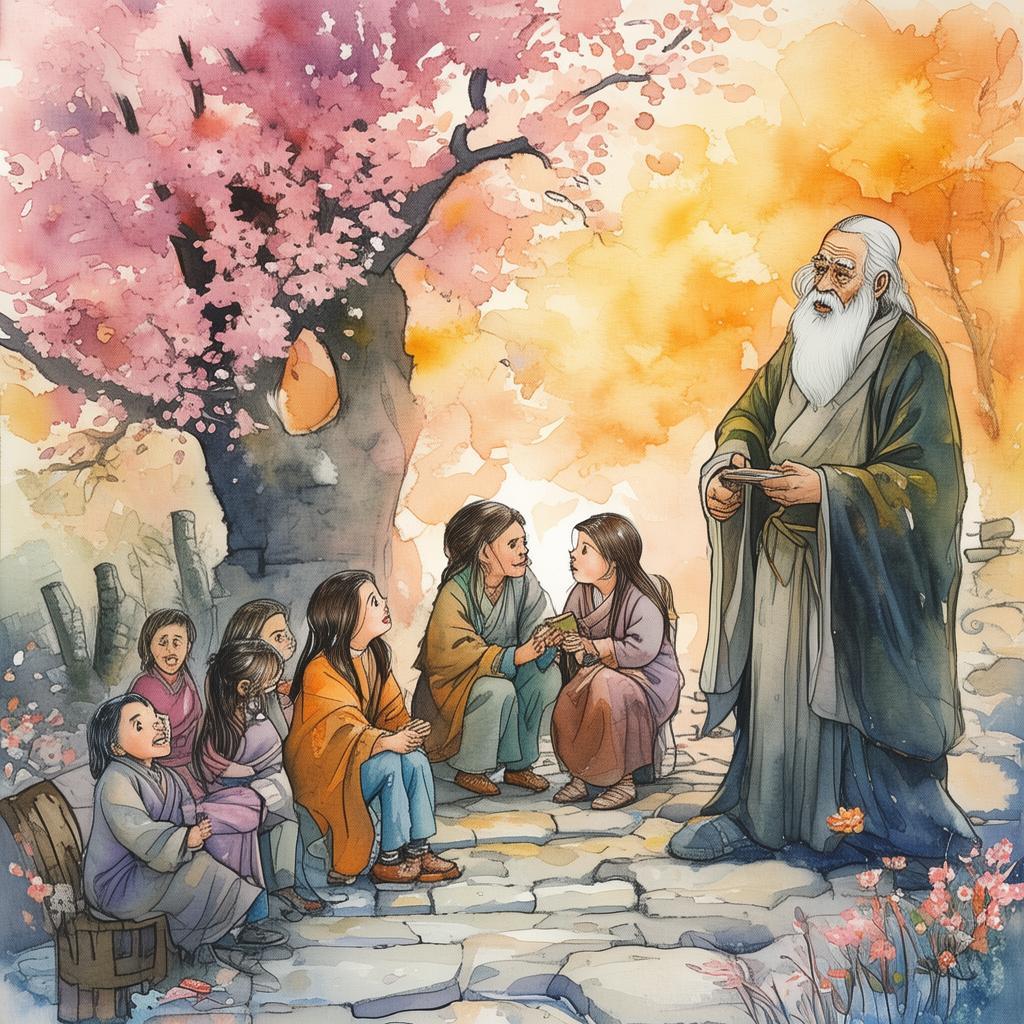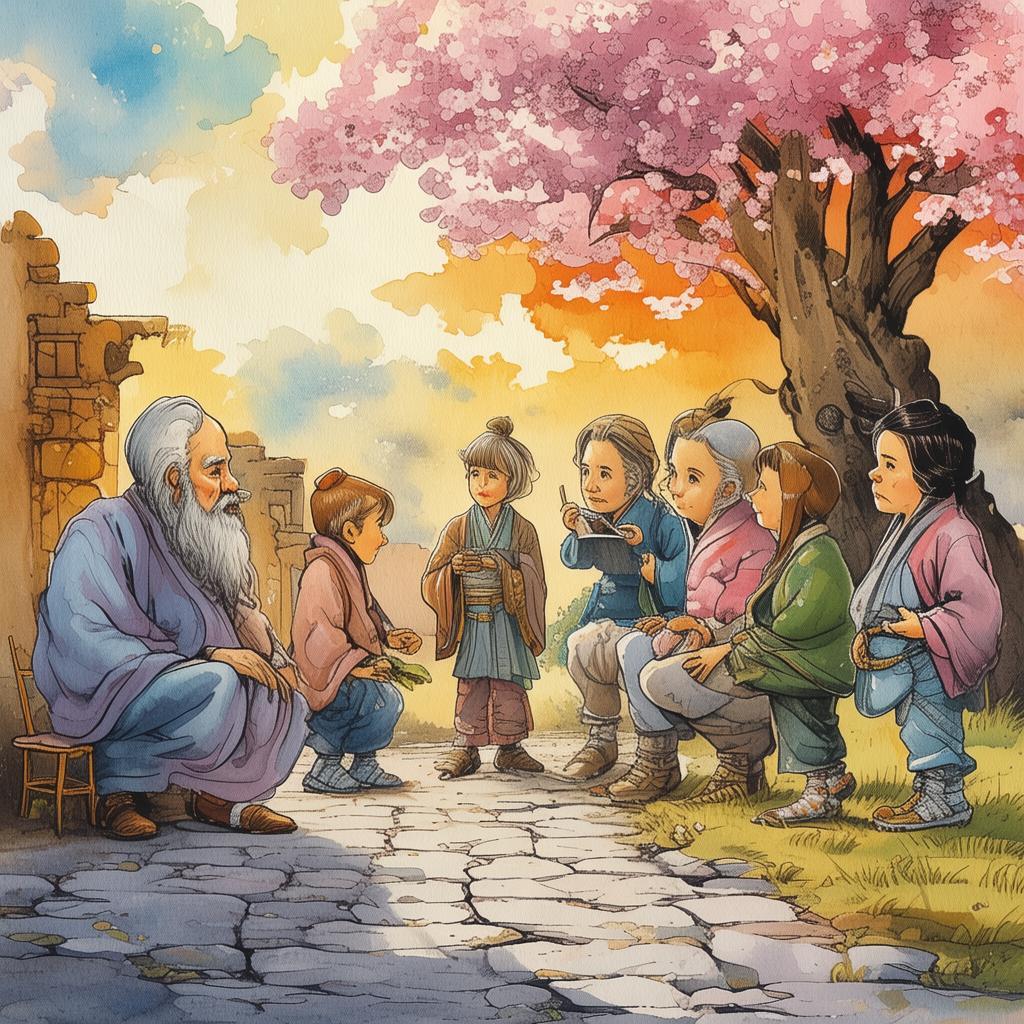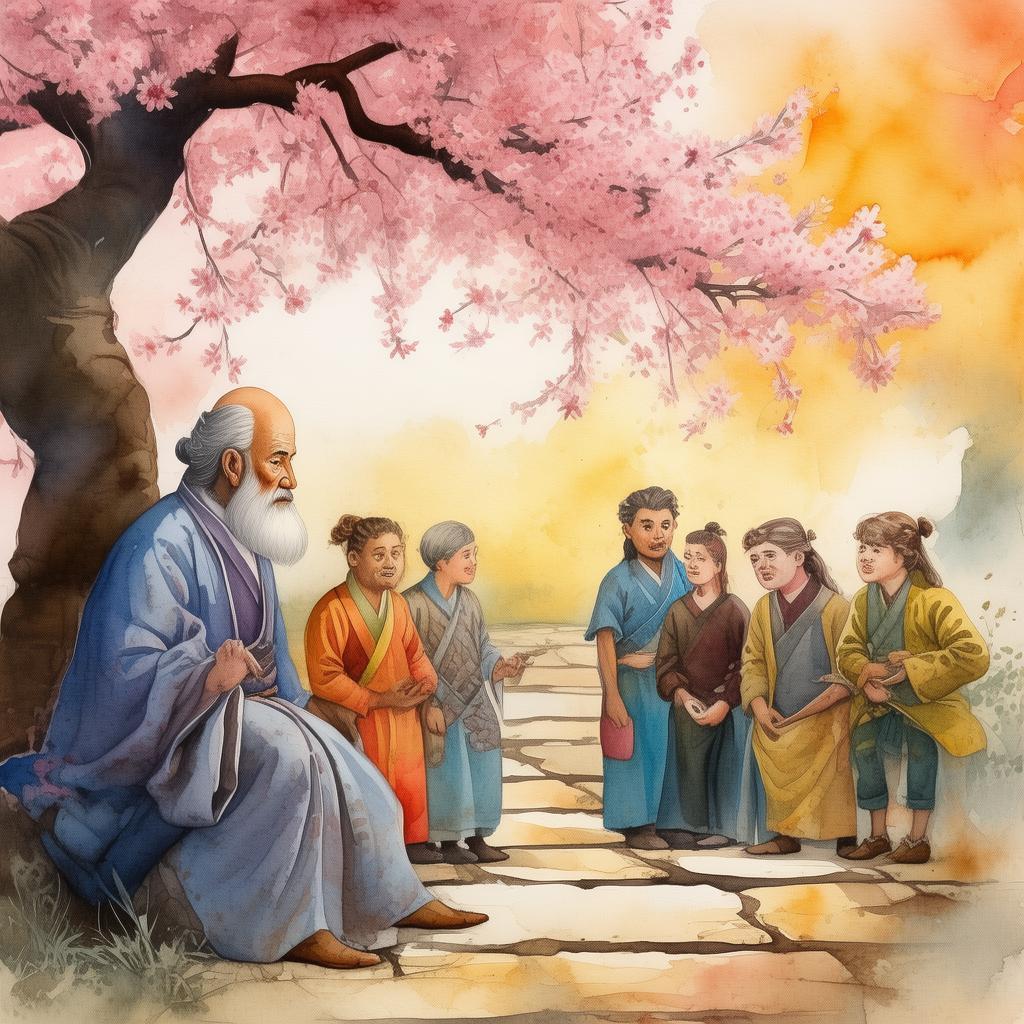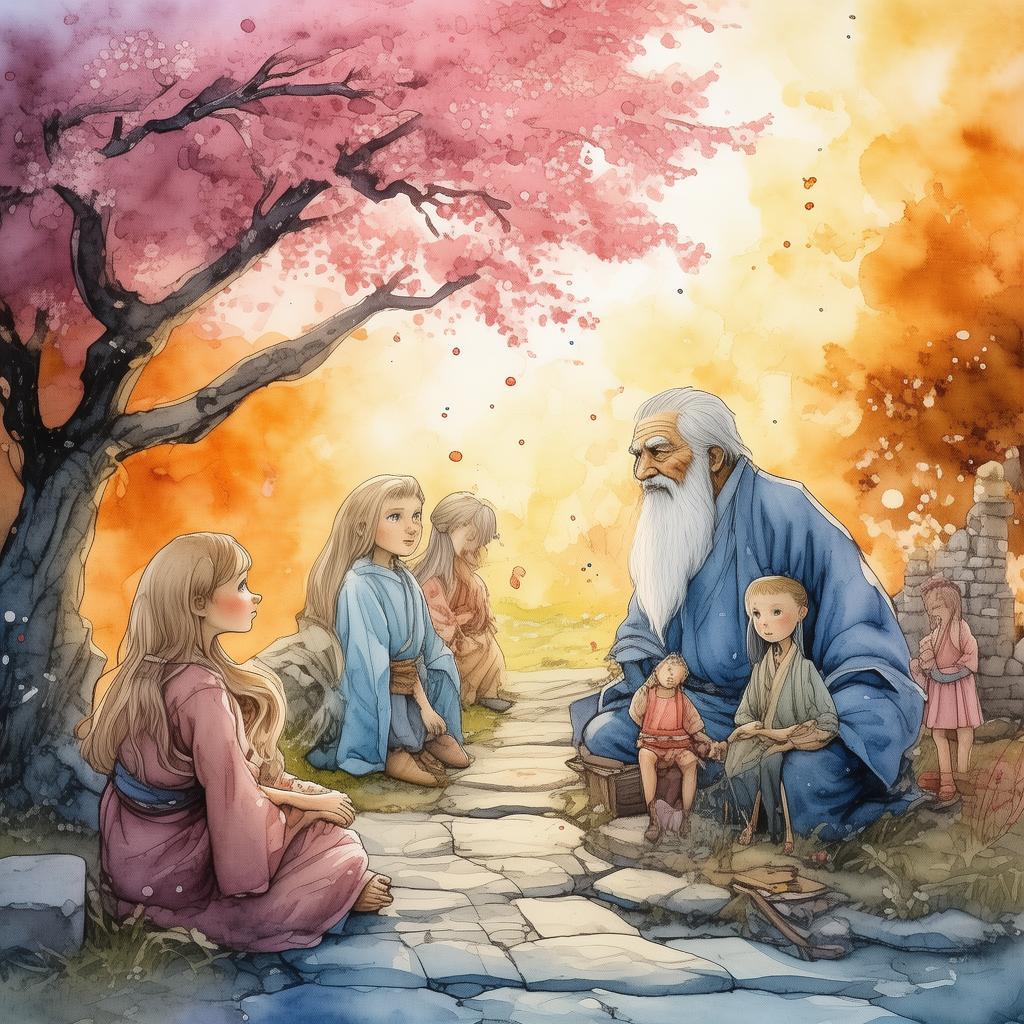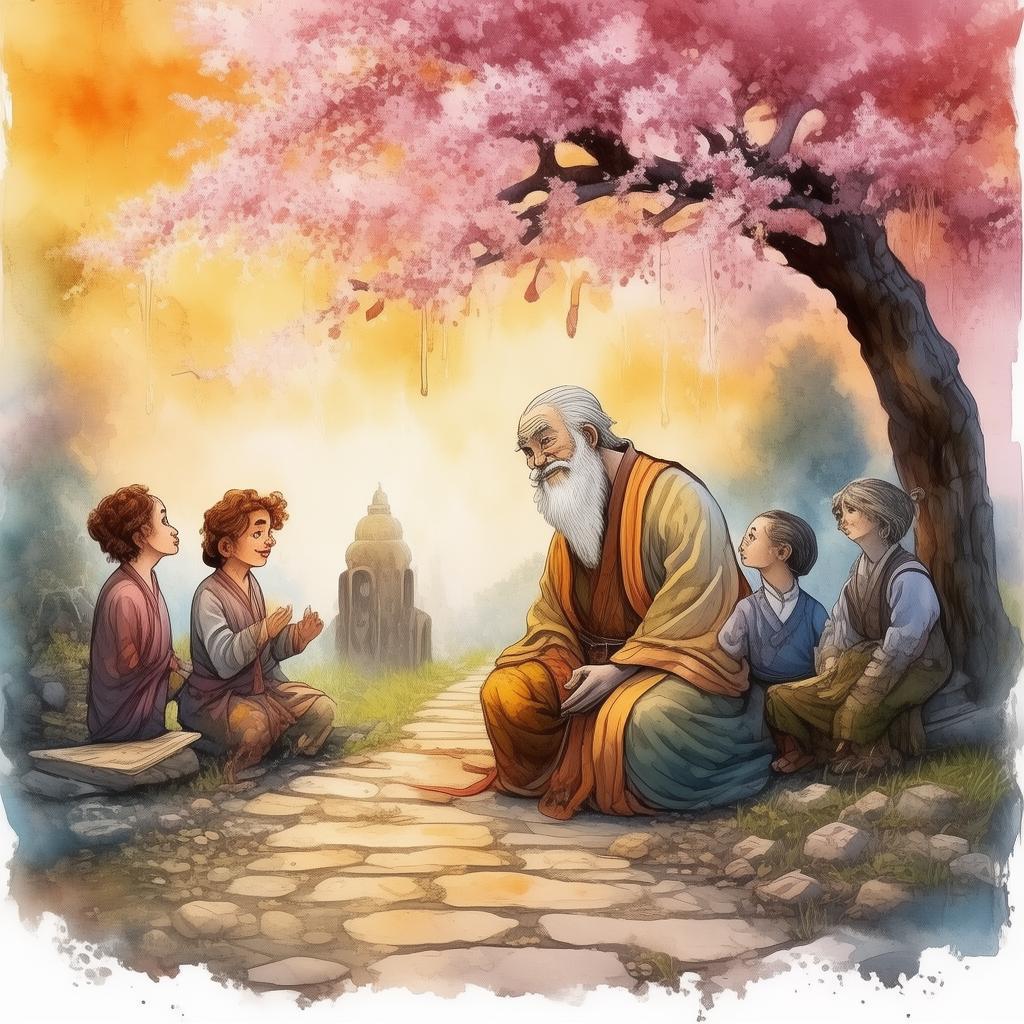Throne of Betrayal: A Monarch's Reckoning
In the heart of the ancient kingdom of Eryth, the blood-red sun dipped below the horizon, casting an eerie glow over the cobblestone streets. The Great Hall, where the throne of Eryth had stood for centuries, echoed with the somber tones of the departing guards. The throne itself, a relic of bygone ages, had been bloodied many times over, but never so stained with the betrayal of its own ruler.
The monarch, King Caelan, was a man of immense power, yet he felt his kingdom's weight on his shoulders like a heavy shackle. The bloodied throne before him was a testament to the battles he had won and the lives he had lost. He had built Eryth to its peak, yet now he found himself in a struggle that threatened the very soul of his reign.
It was said that the throne was enchanted, that it possessed a spirit of its own. The legend spoke of a promise made by the first king to the throne, that he would serve the kingdom with his heart, and in return, the throne would serve him with its power. But King Caelan was no ordinary monarch. He sought to control the throne, not serve it.
The night of the Great Festival of Unity, the kingdom's most joyous celebration, a dark shadow crept into the royal court. The king's closest advisor, Lord Aran, approached him with a secret. Lord Aran was a cunning man, his heart as cold as the ice that lined the kingdom's northern borders. He spoke of a new era, an age where the throne's power could be harnessed for a new purpose. King Caelan, ever the pragmatist, agreed to listen.
In the secret chamber beneath the throne, a ritual was performed, and the power of the throne was altered. King Caelan felt a surge of power course through him, but with it came a chilling sensation, as if a part of his soul had been stripped away. He had made a deal with the throne's spirit, but it was a deal he came to regret.
As days turned into weeks, King Caelan's reign began to unravel. The once-loyal courtiers grew distant, their whispers carrying a sense of dread. The kingdom's subjects felt the weight of the monarch's betrayal, their spirits sinking as the sun's glow waned on the horizon.
It was then that a voice reached King Caelan, a voice that spoke of the throne's ancient curse. The voice warned that the throne's power could not be controlled, and that to do so would result in the king's own destruction. King Caelan's heart raced as he realized the truth of the prophecy.
Desperate to save his kingdom and his soul, King Caelan sought out the kingdom's most ancient sage, a woman who had seen many monarchs rise and fall. She listened to his tale and then offered a dire warning. The throne's power could only be restored through a great sacrifice, a sacrifice that would test the very essence of King Caelan's soul.
The Great Festival of Unity was fast approaching, and with it, the chance for redemption. King Caelan knew he had to act quickly. He would gather his most trusted lieutenants and prepare a final stand, a stand that would determine not only his fate but the fate of the entire kingdom.
In the days that followed, King Caelan worked tirelessly. He would face trials that would test his courage, his wisdom, and his will. Each challenge was a reflection of his own internal conflict, a battle against the shadows that had crept into his soul.
On the day of the festival, King Caelan stood before the throne, his lieutenants arrayed around him. The people of Eryth, decked in their finest attire, filled the grand hall, their eyes fixed on the monarch they had come to fear and now, perhaps, to respect.
The trial began with a riddle, a riddle that seemed to echo the king's own soul. To solve it, King Caelan must confront his innermost fears and doubts. The riddle was a metaphor for his own journey, and he must navigate through the labyrinth of his own mind to reach the heart of the truth.
With each step he took, King Caelan felt his resolve waning. The throne's power had corrupted him, and now he had to choose between his ambition and his duty. As he stood before the throne, he looked upon it with a mixture of awe and dread. It was the symbol of his power, yet also the instrument of his downfall.
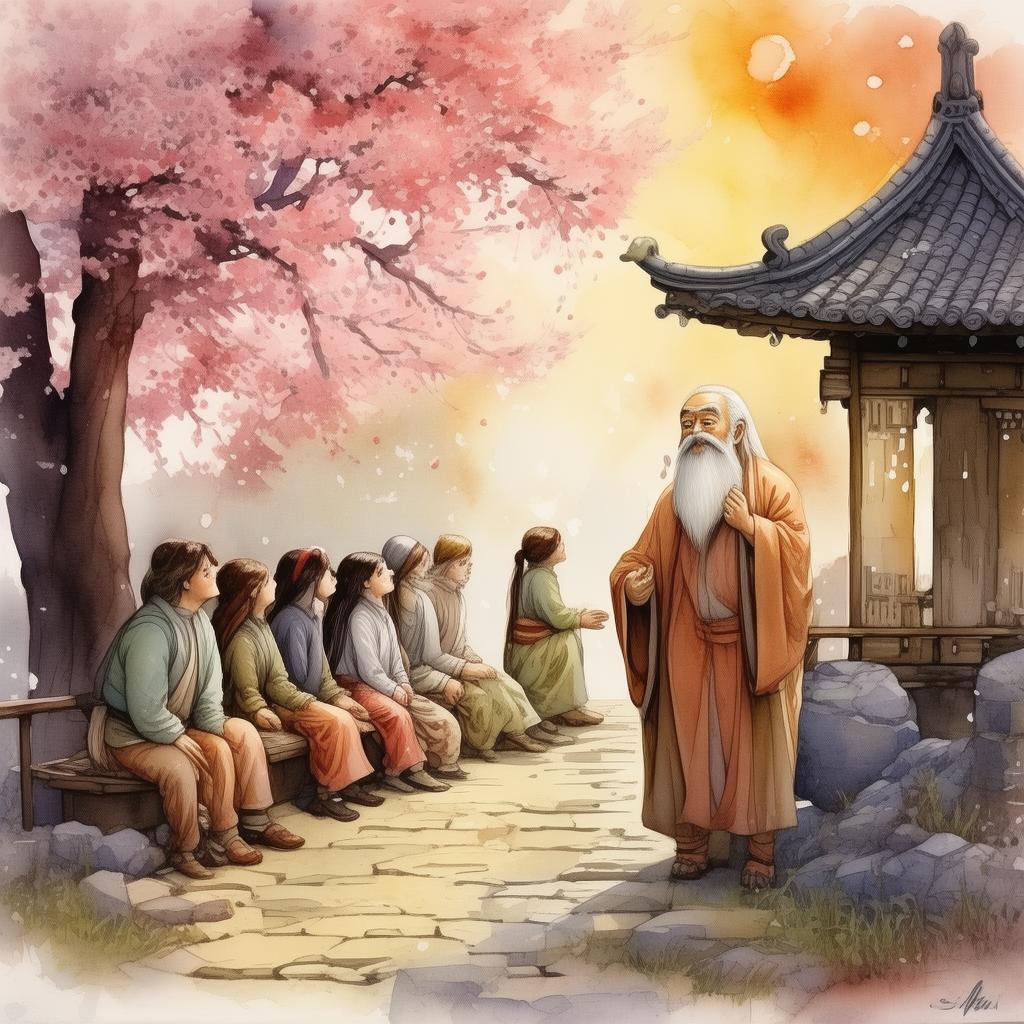
In the end, King Caelan's journey led him to the truth he had sought all along. The throne's power was not about control; it was about responsibility. To wield the throne's power was to serve the kingdom, not to rule over it.
With newfound clarity, King Caelan turned to his lieutenants. He decreed that the throne's power would be returned to its former state, and he would govern with humility and justice. The kingdom's people, weary of the dark times that had beset them, cheered as King Caelan walked back to his throne, a new man, a man whose soul was cleansed by the trials he had faced.
The Great Festival of Unity passed without incident, and the kingdom of Eryth was reborn. King Caelan's rule was not one of absolute power, but one of service to his people. And as he sat upon the throne, the blood-red sun once again rose in the east, signaling the dawn of a new age.
The legend of the bloodied throne continued to grow, not as a tale of a monarch's power, but as a story of redemption, of a soul that had been tested and had emerged stronger. For in the end, it was the throne that had been truly humbled, and with it, King Caelan's soul had been reborn.
✨ Original Statement ✨
All articles published on this website (including but not limited to text, images, videos, and other content) are original or authorized for reposting and are protected by relevant laws. Without the explicit written permission of this website, no individual or organization may copy, modify, repost, or use the content for commercial purposes.
If you need to quote or cooperate, please contact this site for authorization. We reserve the right to pursue legal responsibility for any unauthorized use.
Hereby declared.
